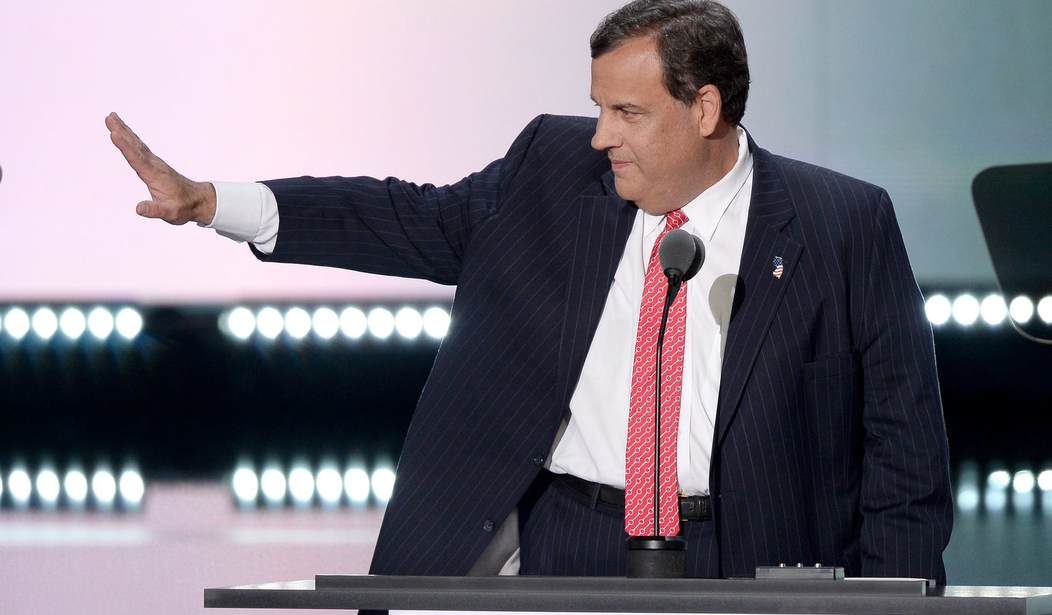Steve Forbes, former presidential candidate and editor-in-chief of Forbes Media, said Medicaid has to be “reformed” to reverse the “dangerous treadmill” of rising medical costs, adding that the pending healthcare bill in the Senate would allow states more “flexibility” to improve the program.
Forbes also slammed New Jersey Gov. Chris Christie for supporting a state bill that would control how much money Horizon Blue Cross Blue Shield, the largest health insurance company in the state, would be able to hold in its reserves. Christie requested $300 million from Horizon’s reserves earlier this year to treat drug addiction and the company did not comply. According to NJ.com, the current version of the bill would also require subscribers to elect three of Horizon’s board members.
Forbes said the bill would ultimately “destroy” Horizon.
“I’m a resident of New Jersey and when this first surfaced several months ago it just amended every principle I had – raiding a company for political purposes is the kind of thing you expect in a third-world dictatorship, not in a democracy like in the United States,” Forbes said during a press call on Monday with Hands Off Healthcare NJ, National Federation of Independent Businesses and Americans for Prosperity. “Going out and raiding a company’s reserves for policyholders – this is meant for the people who have the insurance, not as a plaything for politicians. And that it came from a Republican governor, I just found astounding.”
“This is a raid by Trenton politicians stacking the board so they can play with the policyholders’ reserves…. It’s political extortion by the governor, Sen. [Joseph] Vitale and Sen. [Stephen] Sweeney and it sends a terrible message, not only to the people of New Jersey but to any business that wants to start in New Jersey or come to New Jersey: you, too, could be subject to a political raid and a political vendetta that could destroy you. This has got to be stopped,” he said.
PJM asked Forbes for his opinion of the Senate’s Obamacare replacement bill, which would reduce Medicaid spending by an estimated $772 billion over the next 10 years.
“There have been surveys in Oregon and elsewhere that found people who do not have Medicaid, their medical outcomes are no worse than those who have Medicaid. And that’s a shocker,” he responded. “So we’ve got to reform the system to deliver good medical care to those with low incomes or disabilities, and the system is failing that, so I think that’s where the [Senate bill] is going to be headed – so don’t look at the headlines.”
“How much flexibility will states have in running the program so we can do more things like Rhode Island, Indiana and Kentucky want to do to give better outcomes? I think whatever bill the Senate passes, they’re going to have a conference on it and one of the things that’s going to be made clear is that Medicaid coverage is not going to be taken away. What I think you are going to see is the governors having much more flexibility in devising their own state programs,” Forbes added.
Forbes cited Rhode Island as an example of a state that has made positive changes to Medicaid.
“Rhode Island several years ago got a waiver where they had much more flexibility in running the program, allowing people to get care at home instead of just institutions, and the rate of increase in their Medicaid costs dropped sharply and the patient satisfaction went up sharply. This is in blue state Rhode Island. Indiana is starting to do the same thing. Kentucky wants to do the same thing,” he said.
“So I think the key thing on the bill is to look for where states have flexibility in running the program, because right now you’re getting the worst of both worlds – rising costs and inferior coverage, more and more providers are not treating Medicaid patients. So whether it’s devices like medical savings accounts to give patients more control where they can get better access to providers – things like that, so, that’s where I think the thing is going to be headed,” he added.









Join the conversation as a VIP Member